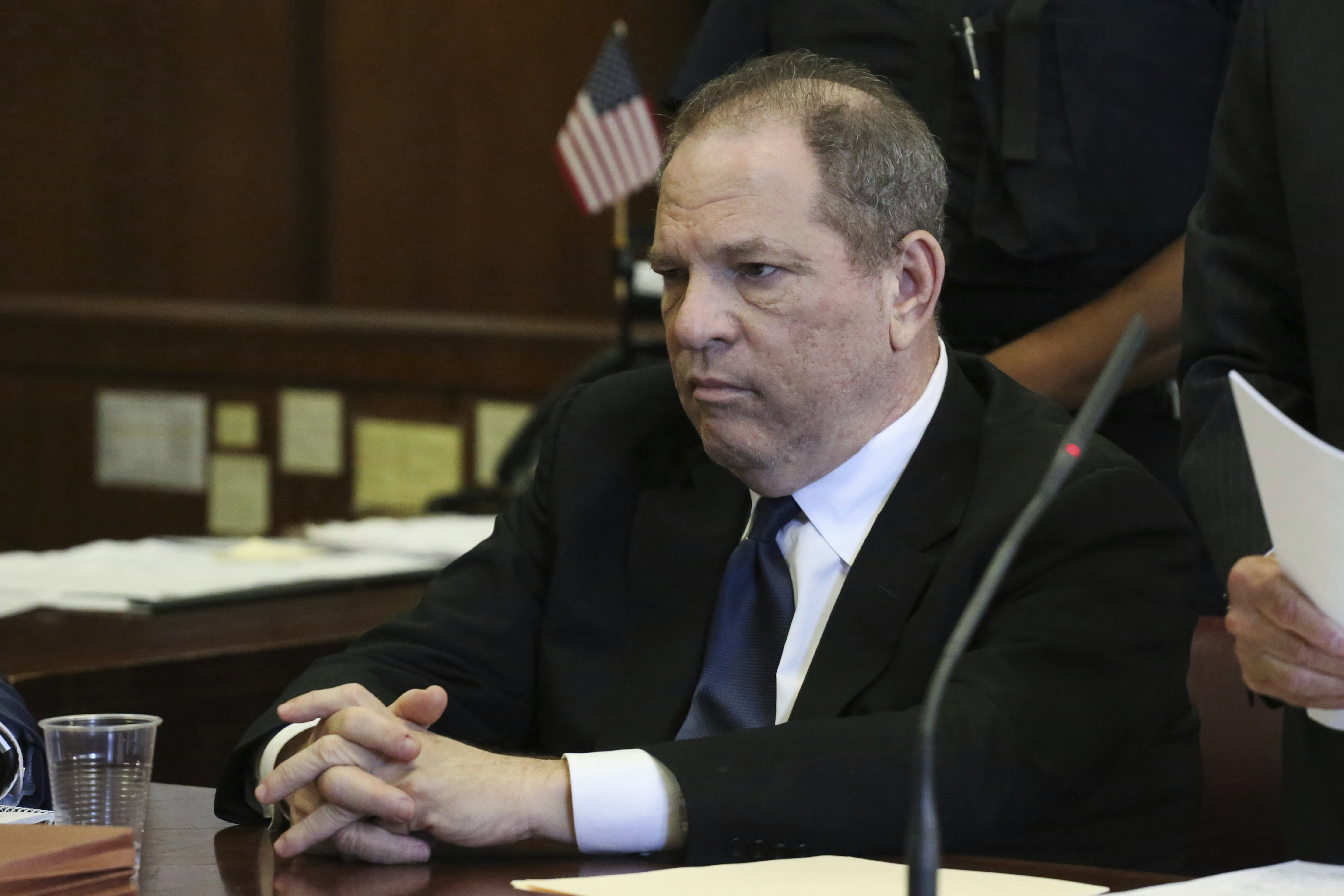High court: Car search justified
By: Laura Brown//September 14, 2023//
Minneapolis police had probable cause to search a man’s vehicle after an informant told them he had a gun inside, the Minnesota Supreme Court ruled Sept. 6 in State of Minnesota v. Mark Michael Mosley, reversing both the district court and the Court of Appeals.
On March 9, 2021, Minneapolis police received a tip from an informant who reported observing a person selling marijuana who had a firearm with an extended magazine. The individual was, according to the informant, a Black male in his mid-20s in a tan SUV. The informant also provided the license plate number as well as the vehicle’s location. However, the informant did not provide other information such as the height and weight of the person or a description of his clothing.
This tip did not come from just anyone, but it came from someone designated a confidential reliable informant (CRI). Informants become CRIs if they have a strong track record of providing reliable information to law enforcement. CRIs are typically paid or receive charging or sentencing leniency for the information that they provide.
The CRI was under contract with the Minneapolis Police Department. The department had worked with the CRI multiple times and consistently found that the CRI’s information was reliable. Information from the CRI yielded multiple investigations and subsequent arrests, charges, and convictions.
A half-hour after the tip, police stopped the vehicle that the informant described. Mark Michael Mosley was driving, and he was ordered out of the vehicle. During the search, police found a firearm concealed behind the radio.
Because Mosley had a prior conviction for a violent crime, he is prohibited from having a firearm. Mosley was charged with being a prohibited person in possession of a firearm.
Mosley filed a motion to suppress the evidence discovered during the traffic stop, including the firearm. The district court granted Mosley’s motion to suppress, finding that the corroboration of the CRI’s tip was at issue in the case. It found that, because the police could corroborate only “minor details,” such as the car’s description and location, there was not enough there to establish the informant’s basis of knowledge.
Considering the State’s appeal, the Minnesota Court of Appeals agreed that there were questions about corroboration. It found the police corroborated only “easily-obtained details.” However, the court’s decision was not unanimous. Judge Louise Bjorkman opined that the CRI had direct, firsthand knowledge of Mosley’s firearm possession. Due to this knowledge, Bjorkman found that the police were not required to corroborate more details.
The point of contention between the State and Mosley was whether there was probable cause to search Mosley’s vehicle. The parties disagreed about whether the car was sufficiently connected to unlawful activity to permit police to search it. Mosley argued that the CRI failed to allege facts connecting the gun to the vehicle. Conversely, the State maintained that the CRI personally saw a person with a gun inside of the car.
“The record demonstrates that the informant who provided the tip had documented veracity and a legitimate basis of knowledge,” said Sarah Vokes, senior assistant Hennepin County attorney. “The tip gave the officers probable cause.”
“Because this tip was from someone known to be truthful, and that this person gave a firsthand account of seeing the suspect with a weapon in the car, this provided police with probable cause to believe that particular car contained a weapon,” added Volkes.
The Supreme Court, citing precedent, concluded that having a firearm out in a vehicle was sufficient to create probability that there was unlawful activity happening.
The State and Mosley also argued over the reliability and corroboration of the informant’s tip. Although Mosley contested the CRI’s reliability, the court disagreed. Agreeing with both the district court and the court of appeals, the Minnesota Supreme Court concluded that the CRI’s tip was reliable based on the fact that the CRI’s information had been acted on several times by the police in the past and had proven accurate.
Mosley argued that, even if the CRI was reliable, the State did not establish the CRI’s knowledge basis by sufficiently corroborating the tip. By not corroborating further, Mosley contends that the State did not establish probable cause.
“When this vehicle was stopped, probably close to 40 minutes after the tip, the arresting sergeant only had a description of a young Black male with a gun. That is it,” said Paul Maravigli, assistant public defender. “If that does not invite racial profiling, I don’t know what does.”
“What did he look like?” Maravigli asked. “What did his clothes look like? Was he short? Tall? Fat? Skinny? Did he have facial hair? Was he wearing a hat?”
The State contended that the preferred way to establish the CRI’s knowledge base was direct personal observation. It pointed to previous cases where the court concluded that there was sufficient knowledge basis when police corroborated only minor details. The court noted that police corroborated the vehicle, the license plate number, and its location. While the district court characterized this corroboration as “easily obtained,” the Supreme Court found that it strengthened the veracity of the CRI’s tip.
“The Informant’s past reliability, personal observations, and police corroboration of some of the details in the tip, when considered together, convince us that the State met its burden and established probable cause to search the vehicle that Mosley was driving,” the court wrote.
The justices remanded the case to the district court “for further proceedings consistent with this opinion.”
Legal News
- Chesebro among those charged with interfering in 2020 election
- Williams-Sonoma must pay almost $3.2 million for violating FTC’s ‘Made in USA’ order
- Harvey Weinstein due back in court, while a key witness weighs whether to testify at a retrial
- Protests erupt on college campuses throughout Midwest, and U.S. over war in Gaza
- Flight attendant indicted in attempt to record girl in airplane bathroom
- Wisconsin attorney loses law license, ordered to pay $16K fine
- Former Wisconsin police officer charged with 5 bestiality felony counts
- Judge reject’s Trump’s bid for a new trial in $83.3 million E. Jean Carroll defamation case
- Dozens of deaths reveal risks of injecting sedatives into people restrained by police
- The Latest: Supreme Court arguments conclude in Trump immunity case
- Net neutrality restored as FCC votes to regulate internet providers
- Wisconsin Attorney General asks Congress to expand reproductive health services
WLJ People
- Power 30 Personal Injury Attorneys – Russell Nicolet
- Power 30 Personal Injury Attorneys – Benjamin Nicolet
- Power 30 Personal Injury Attorneys – Dustin T. Woehl
- Power 30 Personal Injury Attorneys – Katherine Metzger
- Power 30 Personal Injury Attorneys – Joseph Ryan
- Power 30 Personal Injury Attorneys – James M. Ryan
- Power 30 Personal Injury Attorneys – Dana Wachs
- Power 30 Personal Injury Attorneys – Mark L. Thomsen
- Power 30 Personal Injury Attorneys – Matthew Lein
- Power 30 Personal Injury Attorneys – Jeffrey A. Pitman
- Power 30 Personal Injury Attorneys – William Pemberton
- Power 30 Personal Injury Attorneys – Howard S. Sicula












